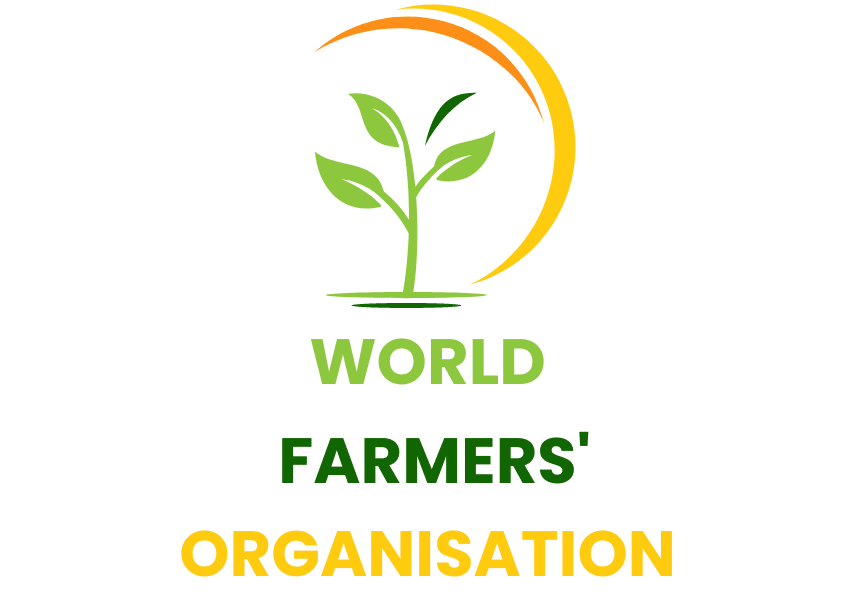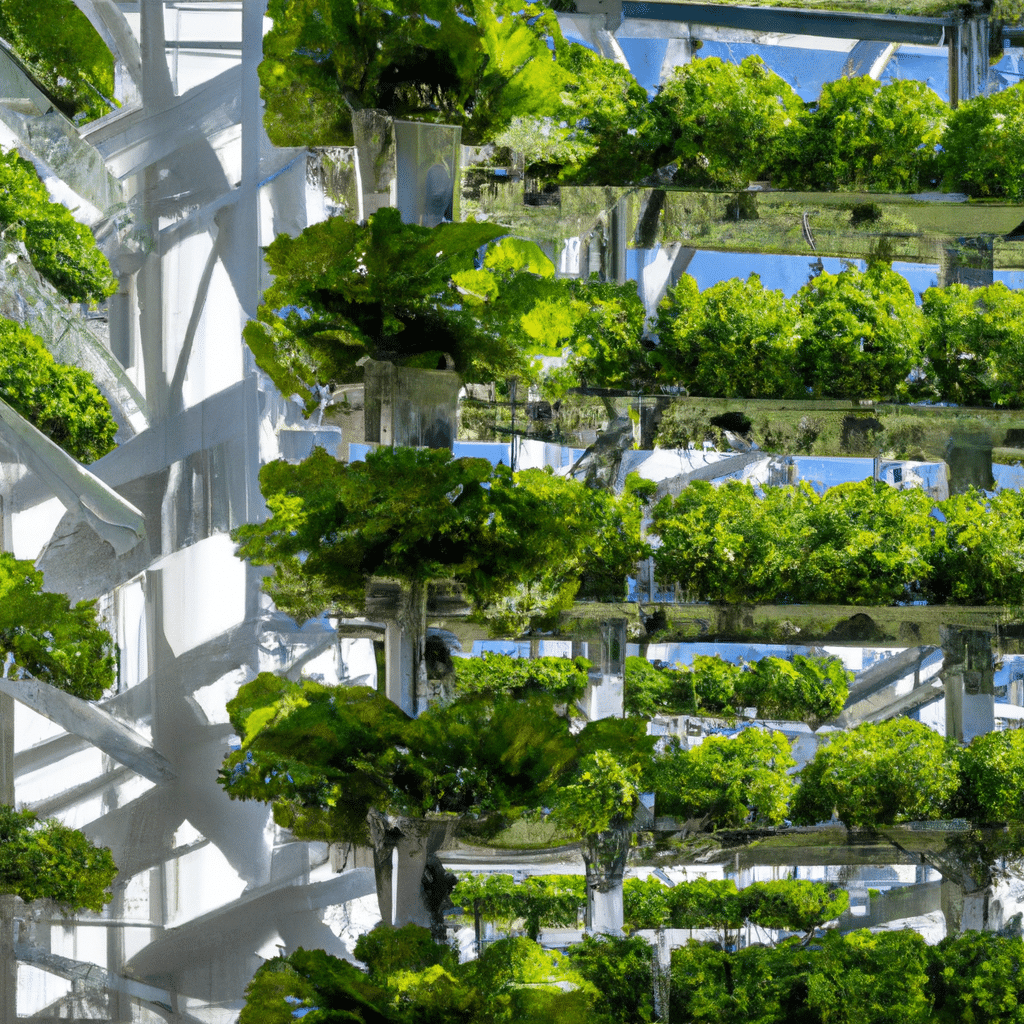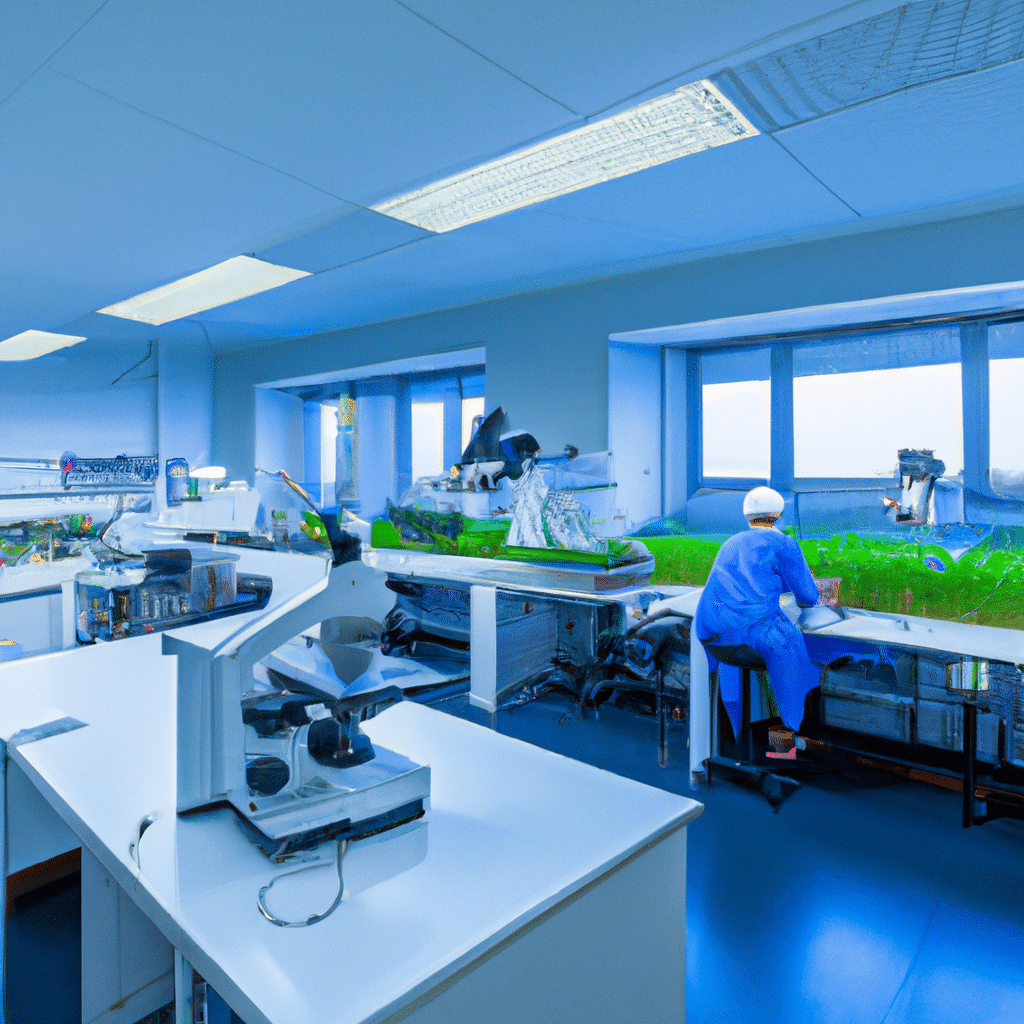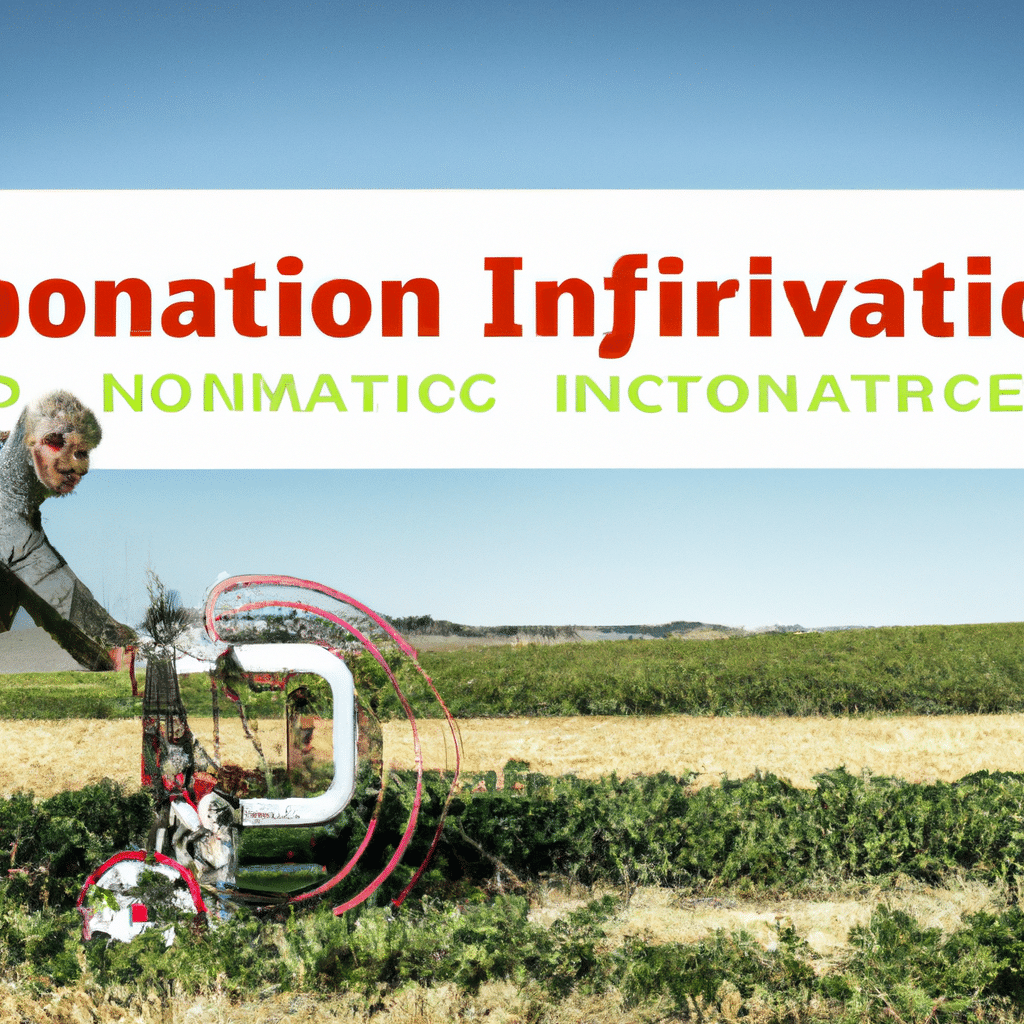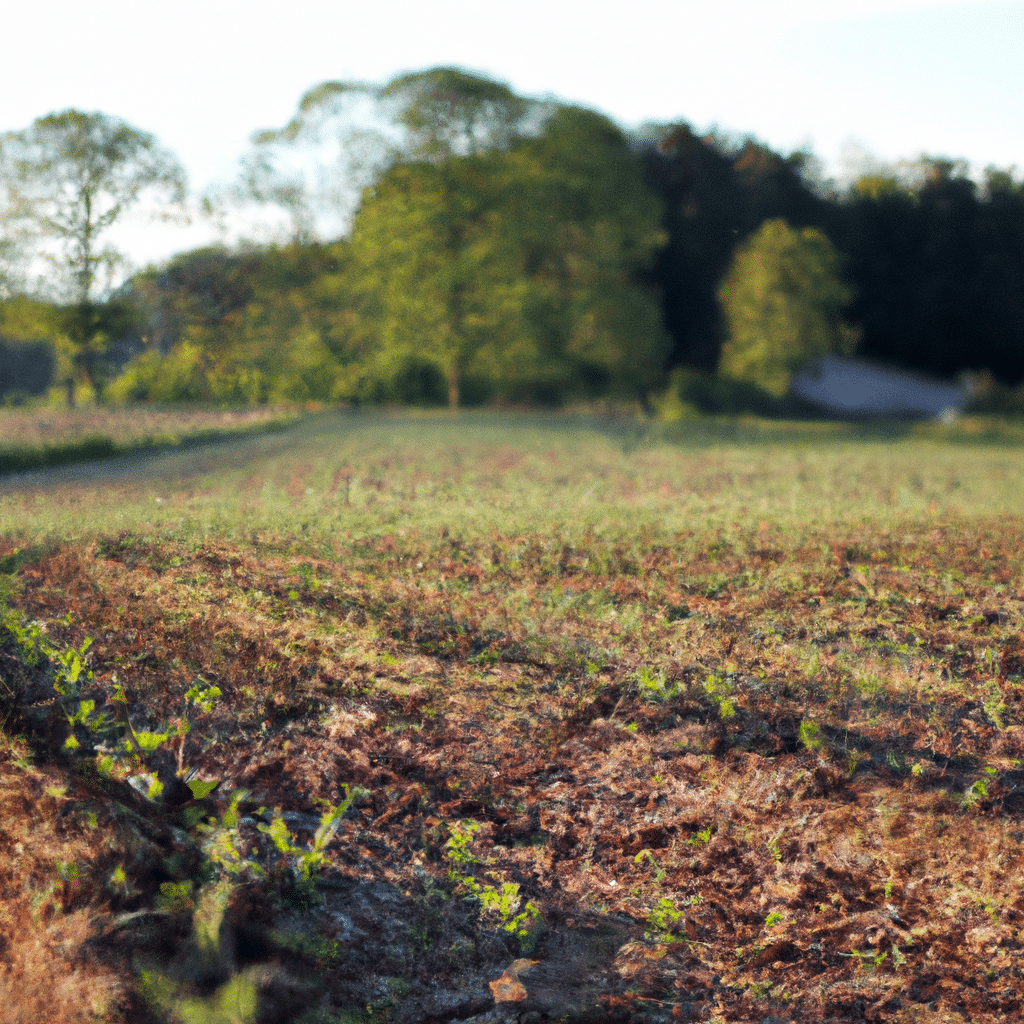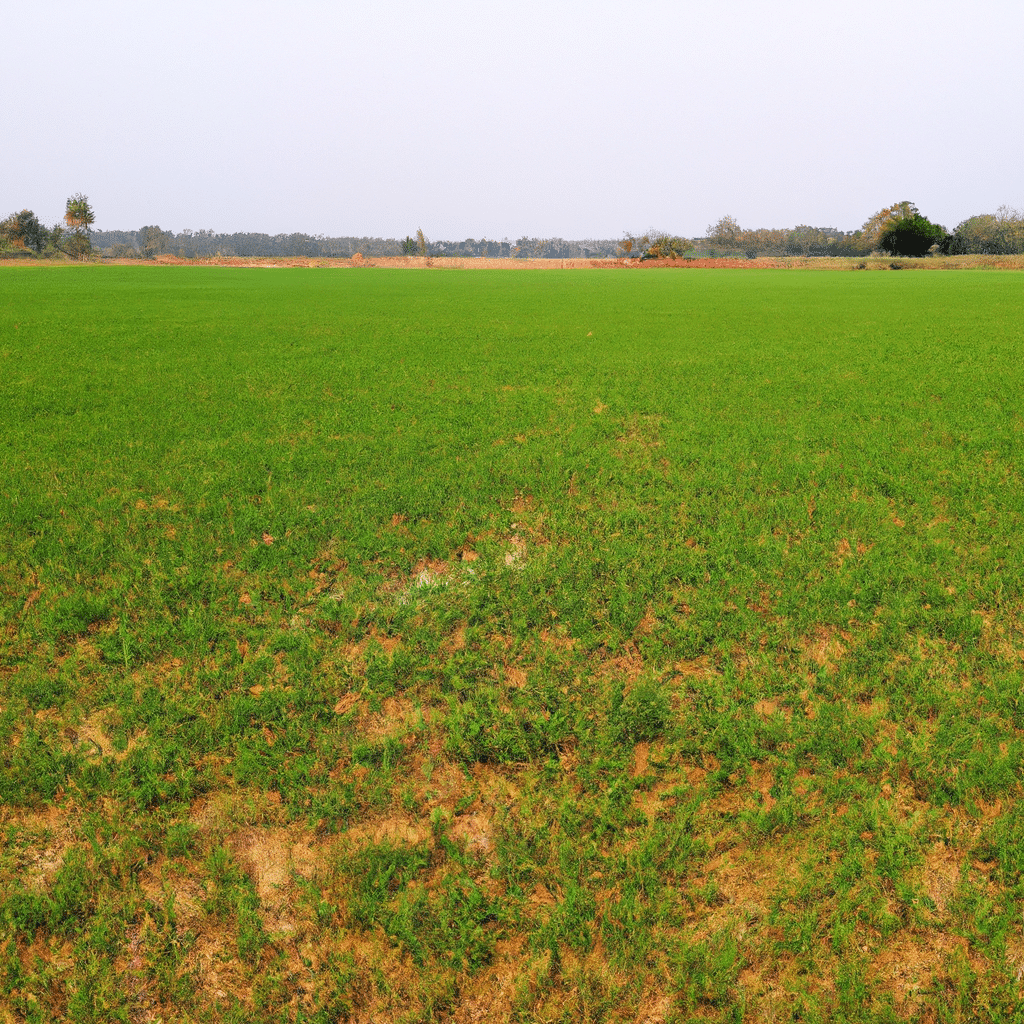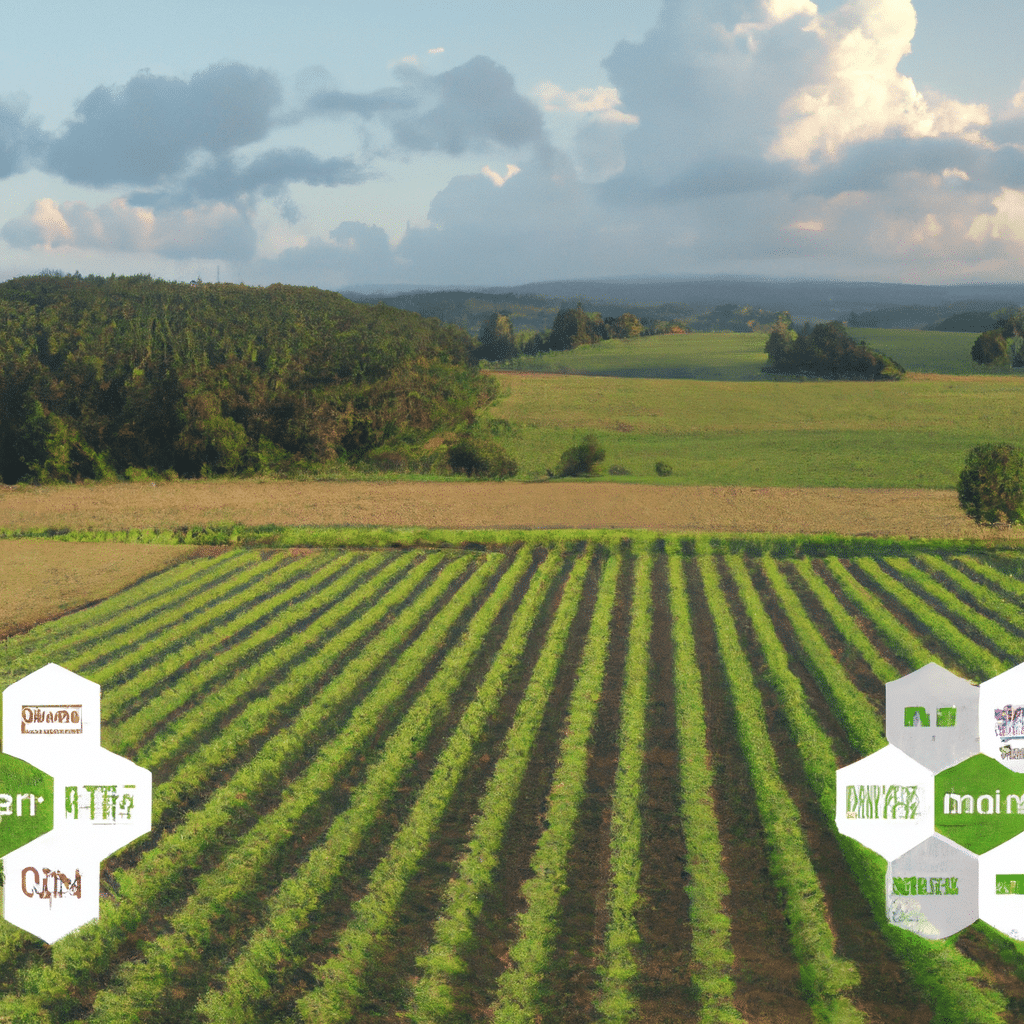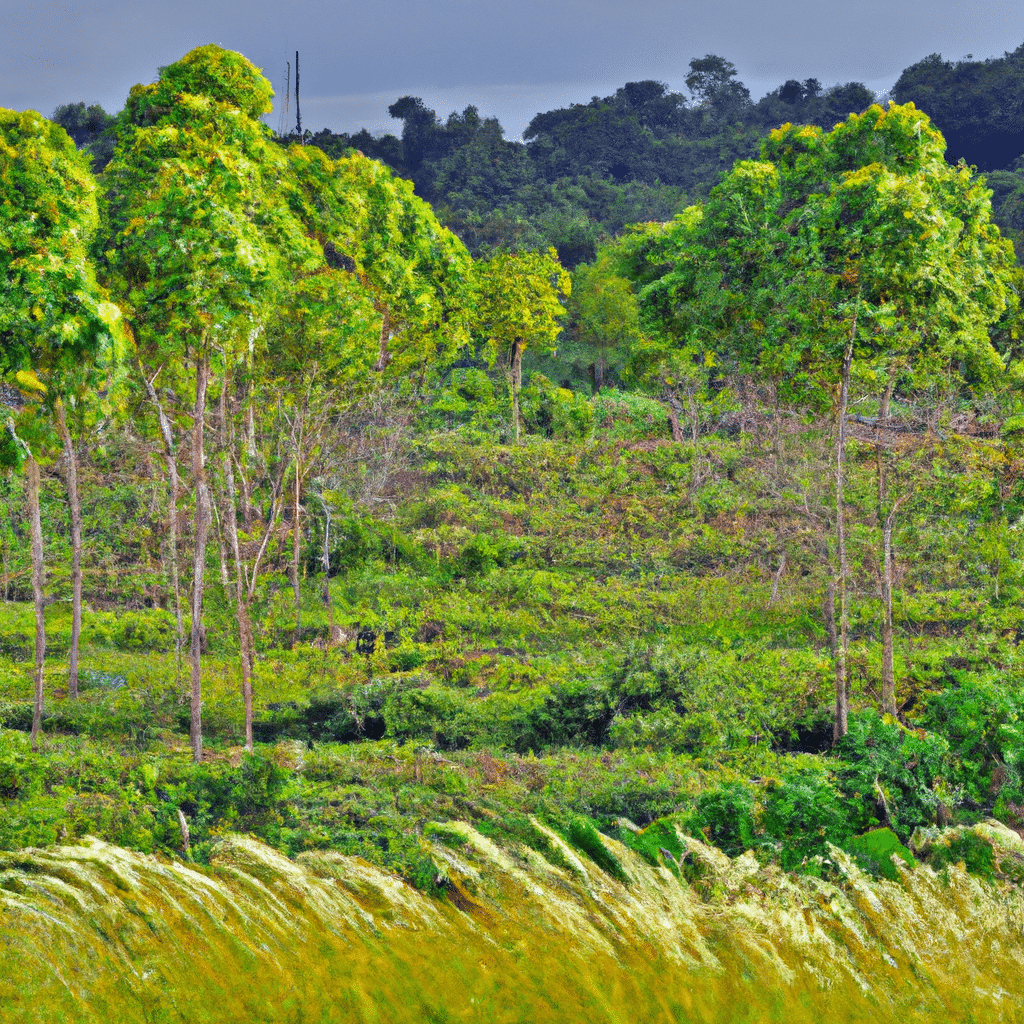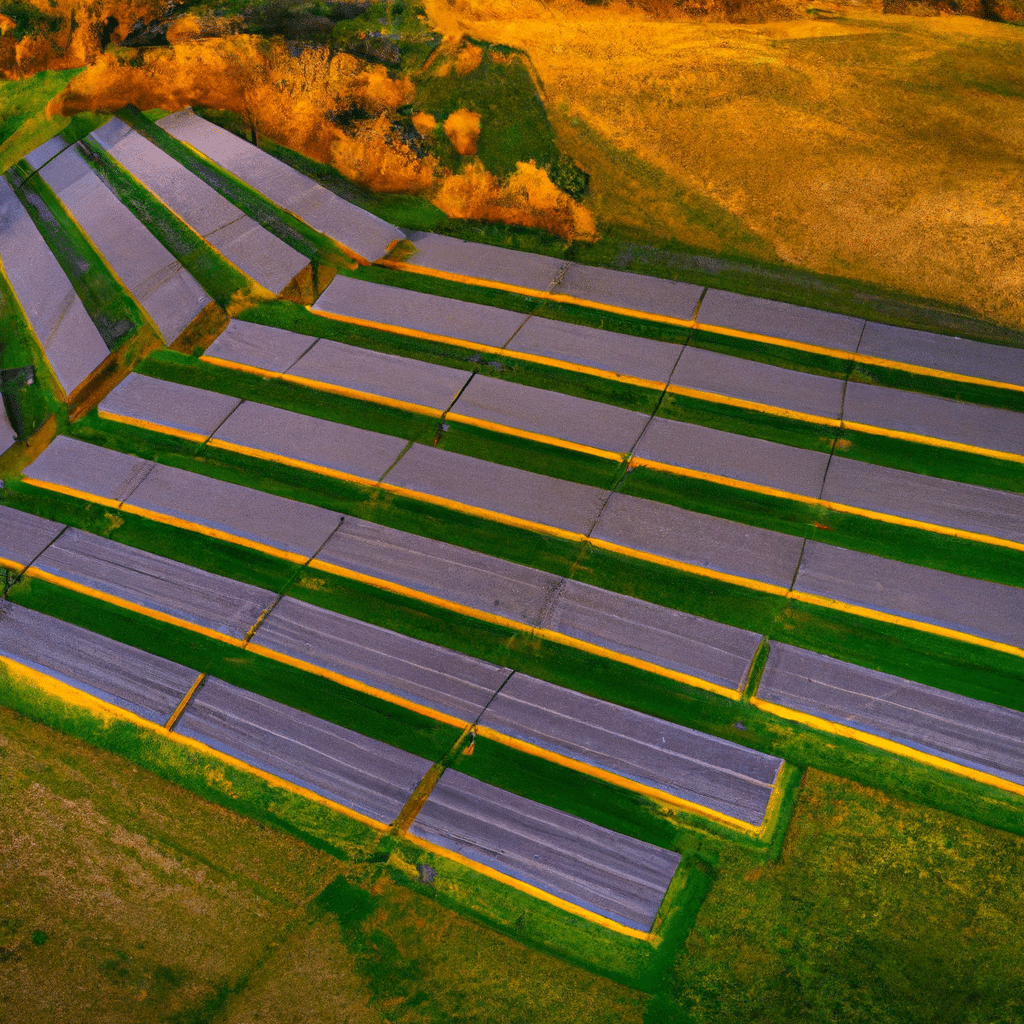In today’s world, where gender equality is still an ongoing struggle, women face numerous barriers in various spheres of life. One such sphere is agriculture, where female farmers contribute significantly to food production and rural economies. However, they often encounter obstacles that limit their potential and hinder their ability to thrive. This article aims to shed light on the role of advocacy in empowering female farmers and breaking the barriers that hold them back. By addressing these challenges head-on and providing support, we can create an environment where women in agriculture can flourish.
The Importance of Female Farmers
Agriculture is the backbone of many societies, and female farmers play a vital role in ensuring food security and economic stability. According to the Food and Agriculture Organization (FAO), women make up about 43% of the agricultural labor force in developing countries. Despite their significant contributions, they face numerous challenges that prevent them from reaching their full potential.
Barriers Faced by Female Farmers
Limited Access to Land and Resources
One of the major barriers faced by female farmers is the limited access to land and productive resources. In many regions, traditional norms and cultural practices restrict women’s rights to own or inherit land. This lack of land ownership makes it difficult for female farmers to invest in long-term agricultural activities and access credit facilities. Additionally, limited access to modern farming technologies, tools, and training further hinders their productivity and growth.
Gender-Based Discrimination
Gender-based discrimination remains prevalent in the agricultural sector, affecting female farmers’ access to markets, information, and decision-making processes. Stereotypes and social norms often lead to unequal treatment and lower wages for women in agricultural labor. This discrimination not only undermines their economic opportunities but also perpetuates gender inequalities within rural communities.
Lack of Education and Training
Education and training are crucial for the development of any profession, including agriculture. However, many female farmers face barriers in accessing quality education and training programs. Limited knowledge and skills hinder their ability to adopt modern farming techniques, apply sustainable practices, and overcome productivity challenges. Bridging this education gap is essential for empowering female farmers and enabling them to thrive in a rapidly changing agricultural landscape.
Unfavorable Policy and Legal Frameworks
The absence of supportive policies and legal frameworks further compounds the challenges faced by female farmers. In some regions, gender-blind agricultural policies fail to address the specific needs and priorities of women in agriculture. This results in missed opportunities for targeted investments, access to credit, and extension services. Advocacy plays a crucial role in pushing for policy reforms that prioritize gender equality and women’s empowerment in agriculture.
The Role of Advocacy in Empowering Female Farmers
Advocacy serves as a powerful tool in promoting gender equality and empowering female farmers. By raising awareness, influencing policies, and fostering dialogue, advocacy initiatives can break down barriers and create an enabling environment for women in agriculture. Here are some key areas where advocacy can make a significant impact:
1. Land Ownership and Resource Access
Advocacy efforts should focus on advocating for changes in land ownership laws and promoting equal access to productive resources for female farmers. This can be achieved through engaging policymakers, raising public awareness, and supporting grassroots movements that champion women’s land rights. Creating secure land tenure systems and ensuring equitable distribution of resources will empower female farmers to invest in their farms and enhance productivity.
2. Gender Mainstreaming in Agricultural Policies
Advocacy organizations can work towards gender mainstreaming in agricultural policies and programs. This involves integrating gender perspectives and ensuring that women’s needs and priorities are considered in policy formulation and implementation. By actively engaging with policymakers, advocacy groups can influence the development of gender-responsive agricultural policies that address the unique challenges faced by female farmers.
3. Access to Education and Training
Advocacy initiatives should focus on promoting equal access to education and training opportunities for female farmers. This includes advocating for gender-responsive curriculum development, scholarships, vocational training programs, and extension services tailored to the specific needs of women in agriculture. By equipping female farmers with the necessary knowledge and skills, advocacy can empower them to adopt innovative practices, improve productivity, and enhance their economic opportunities.
4. Value Chain Integration and Market Access
Advocacy efforts should strive to enhance market access for female farmers by addressing gender-based barriers in value chains. This can be achieved by advocating for fair trade practices, promoting women’s entrepreneurship, and facilitating access to markets, credit, and information. By breaking down market barriers and promoting gender-inclusive value chains, advocacy can unlock economic opportunities for female farmers and improve their income-generating potential.
5. Building Supportive Networks and Alliances
Advocacy organizations can play a crucial role in building supportive networks and alliances that amplify the voices of female farmers. By fostering collaboration among various stakeholders, including farmers’ organizations, civil society groups, and policymakers, advocacy initiatives can create a collective platform for addressing gender-specific challenges. These networks can provide a space for sharing experiences, best practices, and knowledge, leading to enhanced capacity-building and empowerment of female farmers.
Conclusion
Breaking the barriers that hinder female farmers’ empowerment requires a multifaceted approach that encompasses policy reforms, awareness-raising, and capacity-building initiatives. Advocacy serves as a powerful tool in creating an enabling environment where women in agriculture can thrive. By addressing the challenges faced by female farmers and promoting gender equality, we can unlock their potential and harness their contributions to food security, sustainable agriculture, and rural development. It is through collective efforts and advocacy that we can build a more inclusive and equitable agricultural sector, empowering female farmers and breaking barriers for generations to come.
